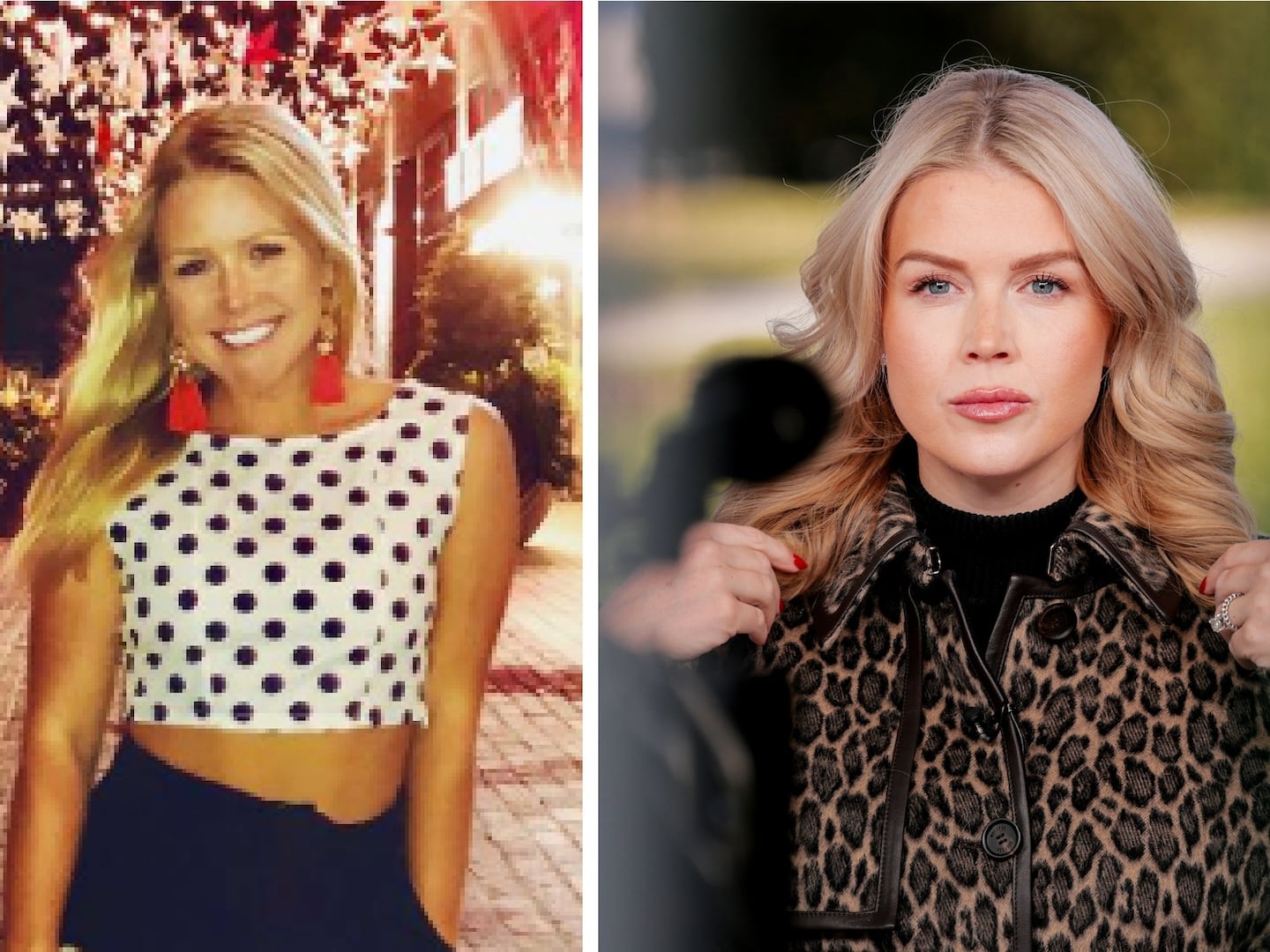It is difficult to remember a time when you could scroll through the social media outlet of your choice and not be bombarded with:
You’ll never believe what happened when…
This is the cutest thing ever…
This the biggest mistake you can make…
Take this quiz to see which character you are on…
They are all classic clickbait models. And they are irritating as hell. There’s no singular way to craft clickbait, but the essence is clear: Lure—no trick—readers to your site.
“It’s social copy specifically intended to leave out information to create a curiosity gap. Some of it’s disingenuous. It’s not always, but the reader is always being manipulated,” says Jake Beckman, the man behind @SavedYouAClick, the Twitter feed devoted to “saving you from clickbait.”
In its few months of existence, @SavedYouAClick has amassed 125,000 followers, a sign of increasing frustration. And @SavedYouAClick is hardly the only fighter in the anti-clickbait crusade. It follows on the heels of other Twitter accounts, like @HuffPoSpoilers and @UpworthySpoiler, designed to call out and mock clickbait culture.
The clickbait backlash on various forms of social media is not only incredibly meta, but perhaps on first glance, overly dramatic. Yes, clickbait content is annoying, but is it harmful? “Clickbait is OK if you’re entertaining and have some personality with it,” says Alex Mizrahi, the founder of @HuffPoSpoilers.
Beckman also argues that Clickbait isn’t quite a recent, solely social media-driven phenomenon. “The concept of using ‘shouty journalism’ to move the needle isn’t new,” he says and cites the street corner newsies. “‘Extra, extra read all about it!’ That was trying to sensationalize a story. This [clickbait] is just the modern equivalent.”
But there is something more insidious to clickbait because it is based on the premise that “readers are being treated as stupid,” says Beckman. And this trend of duping and manipulating readers is becoming the unfortunate online news standard. Once the domain of Huffington Post, Upworthy, and BuzzFeed, old-school journalistic institutions, such as The New York Times, Washington Post, and the Associated Press are also relying on clickbait. And that’s what is so frustrating and, frankly, a little disturbing, to those seeking the news.
“How can you be taken seriously when you leave out the ‘who, what, where, why, [and] how’ when it’s relevant to the news story,” says Mizrahi. “It’s obvious you can’t fit the whole story, [but] you have to give context. You can’t fall back on the same formulas.”
The incentives for even the most respected news agencies to rely on clickbait are obvious: traffic. “The bottom line for publishers is that digital media is still trying to find its footing in the revenue game, and revenue is largely dependent on how much traffic and how many uniques [number of distinct visitors going to a website during a certain time period] you get,” says Beckman.
While building an audience has always been the name of the game for a publication, in the current world of online news, the value of a regular, loyal readership has diminished financially. “Brand loyalty doesn’t matter. Advertisers care about bringing new readers into the fold,” says Beckman.
But as the increasing backlash against clickbait shows, the short-term gains in unique views may cost news sites in the long run. It’s not only Twitter accounts, but entire sites built around the making fun of the clickbait culture are becoming increasingly popular. The Onion’s ClickHole has been operating for less than a month and has already earned readers and praise for its skewering of BuzzFeed and Upworthy-esque listicles and quizzes. While ClickHole mocks the drive for viral content rather than merely tweets, it alludes to the same problem as @SavedYouAClick and @HuffPoSpoilers: the constant drive for clickability.
Taking aim at BuzzFeed’s personality quizzes, it offers its own variations, like “Which Seinfeld character are you?” (spoiler: it is always Jerry Seinfeld). And after the viral uproar over the ‘sexy mug shot’ guy, ClickHole had the brilliant “Are We Setting Unrealistic Standards of Beauty For Our Felons?” Clickhole’s success is a sign that readers are in on the joke.
Beckman isn’t surprised that anti-clickbait websites and Twitter accounts are garnering increasing attention. “People are getting wise to the trick and nobody wants to feel they are behind duped,” he says.
This growing clickbait awareness may ultimately cost news agencies that are gunning for short-term gains. With “a whole generation of users [getting] their news online,” he warns there could be a critical mass of cynical readers may lose their trust in these sources. “In the news industry, you want repeat business with your reputation, and publishers are gambling with their reputation.”
Beckman is already optimistic that even if the clickbait culture doesn’t completely die down, the examples will become less egregious. “It’s already harder for me to find really great examples because publishers are getting mindful and that makes me hopeful,” he says. “I think the news industry is going through digital growing pains and will come out the other side stronger and better.”
However, Mizrahi is less certain that clickbait culture will fade away in the near future. “I would love to have a good reason to shut down @HuffPoSpoilers,” says Mizrahi. “But I don’t foresee that happening any time soon.”






